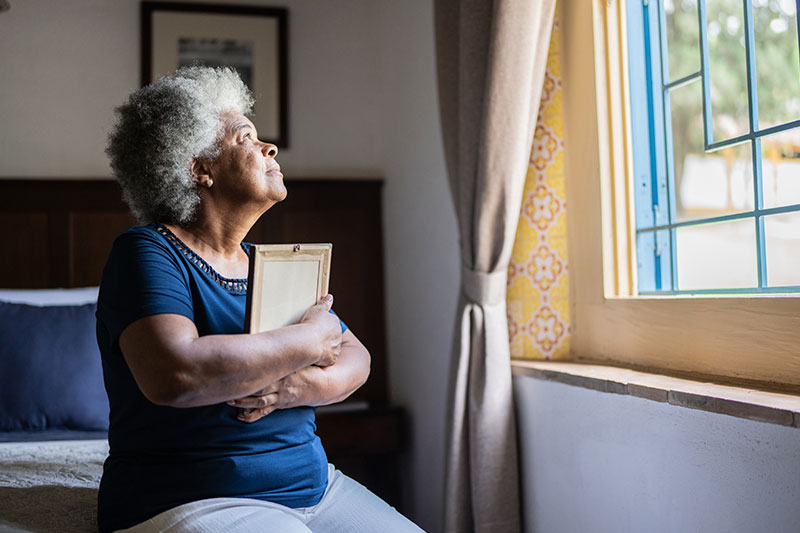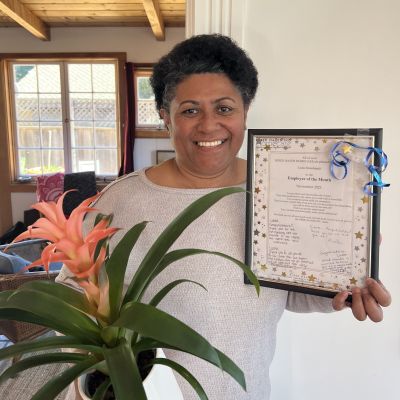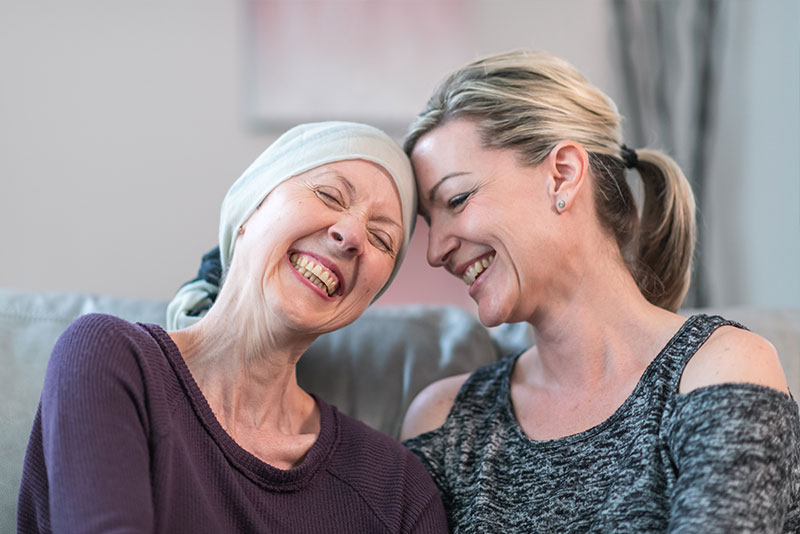The Unexpected Challenges of Supporting an Older Adult Through Grief

 Loss is never easy, but it tends to feel even heavier with age. After a lifetime of building meaningful relationships, each goodbye can feel like a piece of the heart breaking away. If you’re supporting an older adult through grief, you may feel unsure of what to say or do, but your presence and empathy can make all the difference.
Loss is never easy, but it tends to feel even heavier with age. After a lifetime of building meaningful relationships, each goodbye can feel like a piece of the heart breaking away. If you’re supporting an older adult through grief, you may feel unsure of what to say or do, but your presence and empathy can make all the difference.
Grief in older adults can be triggered by many types of loss: the death of a spouse, a close friend, or a sibling; changes in health; or the slow loss of independence. Even joyful milestones like a grandchild graduating or getting married may bring bittersweet emotions, highlighting who is no longer here to witness them.
What You Should Know About Grief in Older Adults
Grief is complex and personal. It doesn’t follow a timeline, and it doesn’t look the same for everyone. Some older adults cry openly. Others may become more withdrawn or quiet. Many experience symptoms that mimic depression or physical illness: fatigue, sleep changes, lack of appetite, or general apathy.
The grieving process is also non-linear. One day may feel lighter, the next heavier again. It’s common for people to cycle through different emotional states: denial, anger, bargaining, sadness, and eventually, some level of acceptance. The key is to support without rushing, allowing them to feel what they feel in their own time. These tips can help.
How to Support a Grieving Older Adult
1. Encourage Honest Conversation
One of the most powerful things you can do is listen. Create space for your loved one to share stories, talk about their loss, or simply sit in silence with you. Avoid clichés like “they’re in a better place” or “everything happens for a reason.” Instead, try simple words like, “I’m here for you,” or “That sounds incredibly hard.”
2. Suggest Professional Support
Sometimes, grief becomes too heavy to carry alone. Therapy or bereavement support groups can be a lifeline. Encourage the person to consider talking with a counselor who specializes in grief. If they’re unsure, offer to help them research options or accompany them to an appointment.
3. Focus on Small Joys
Healing doesn’t mean forgetting. It means learning to live with the loss while still allowing space for joy. Suggest small activities that they once loved—gardening, birdwatching, baking, or simply sitting in the sun. Keep invitations light and pressure-free.
4. Prioritize Health and Routine
Grief can disrupt daily rhythms. Encourage gentle movement, balanced meals, hydration, and regular rest. Even a short daily walk can help lift mood and provide grounding. Help them maintain a sense of routine when possible, which creates structure in an otherwise emotionally unpredictable time.
5. Rebuild a Sense of Belonging
Isolation often deepens grief. Help reconnect them with supportive people or communities. Whether it’s a weekly phone call from a friend, attending a faith service, or joining a book club, consistent social connection can reduce feelings of loneliness and make the days feel less empty.
We’re Here to Walk Alongside You
At Hired Hands Homecare, we understand that supporting an older adult through grief requires more than care tasks; it takes heart. Our caregivers are trained to provide gentle companionship, a listening ear, and activities that bring a bit of light into each day.
If someone in your life is navigating the pain of loss, we’re here to help. Call us at (866) 940-4343 to learn more about our services in Novato, Santa Rosa, Napa, and throughout the Bay Area.








Leave a Reply